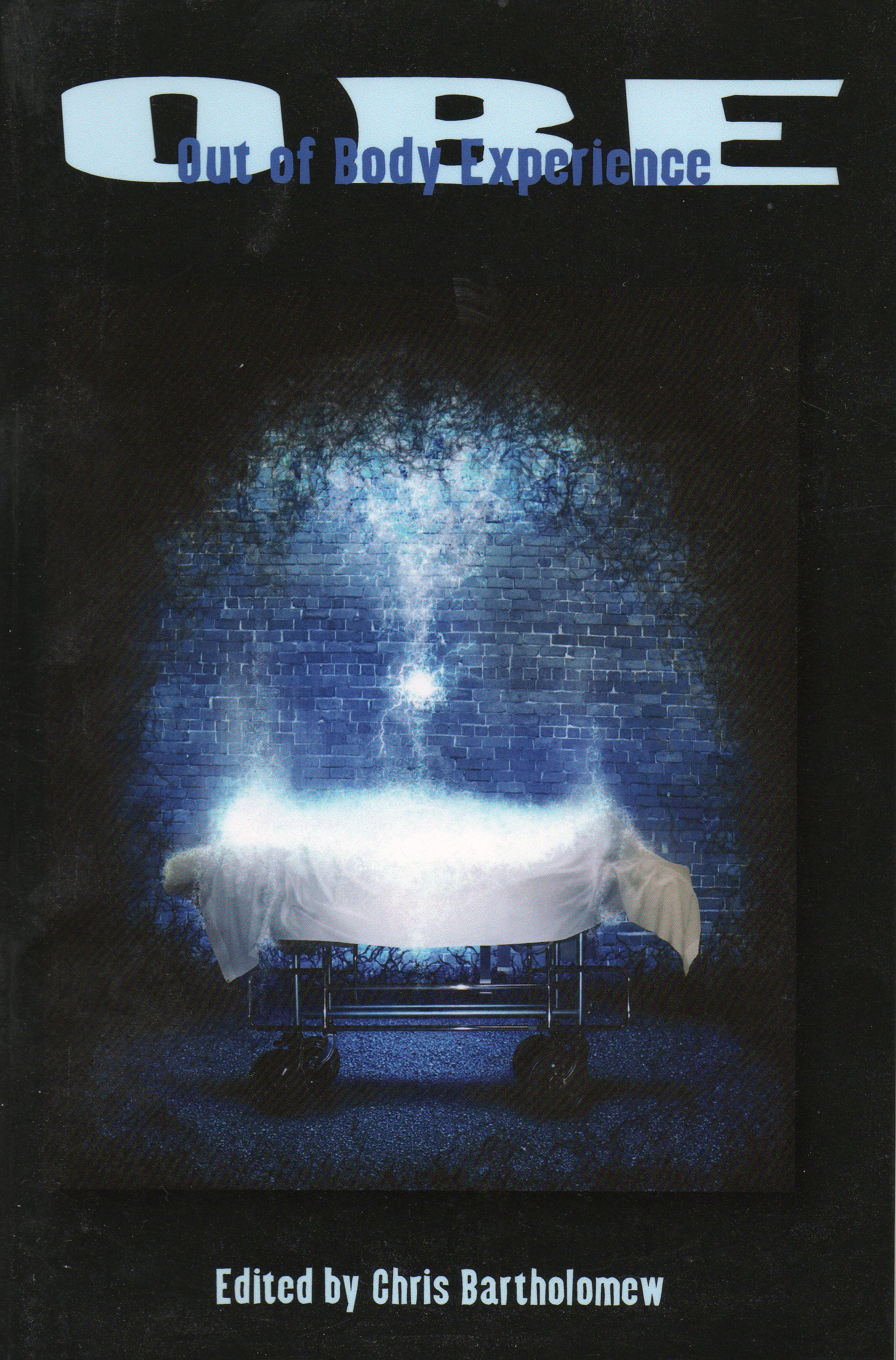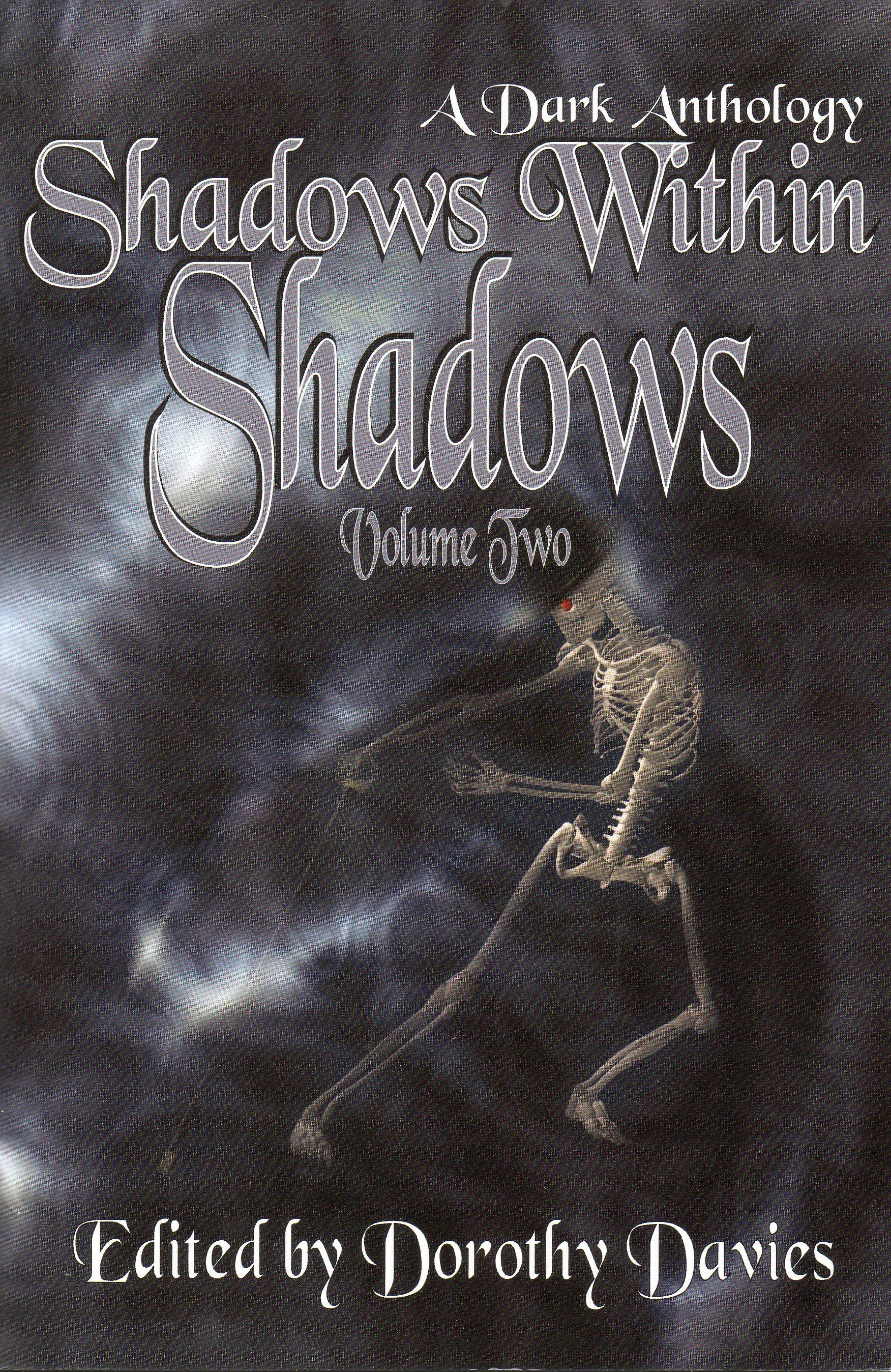by Sandra Crook, published by Lancashire Magazine, May/June 1999
There must have been many such relationships forged during the days of the Second World War, when young men and women who would normally never have found themselves within 300 miles of each other, suddenly ended up serving side by side in different parts of the country, if not the world.
And so it was in 1942 when my mother and father met whilst he was based at RAF Dalcross in Inverness, and my father was temporarily stationed there in between tours of duty. My mother, who was 20 at that time, was already widowed. My father born and bred in Rochdale, was unmarried at the age of 28. He was also known to have an eye for ‘something different’.
And oh my, was mother ‘something different’.
Born and raised in Cricklewood, London, she would never have been content to serve the war effort in a munitions factory or ‘on the land,’ as many of her friends did.
No, she decided to join the RAF and become a driver. If this meant that she sometimes had to drive across unlit airfields late at night to pick up returning crews, that was perfectly all right with her. And if, as once happened, she took the wrong turning and drove one crew straight down the take-off runway into the path of a fighter plane roaring off into the skies, well, that was just another war time tale to tell. Mother was unfazed.
However, by the time the war was over, life had taken on a much more mundane aspect. After marrying my father on a rainy July morning in 1943, and soon after becoming pregnant with my elder brother, she found herself living in a Rochdale council house, occupied also by my paternal grandfather and his other three sons
A stormy relationship prevailed as she struggled through her pregnancy, keeping house for this extended family.
When the war was over, my father returned and recommenced work on the the railways. Grandfather died shortly after and ultimately the three brothers left home.
After I was born, and with two toddlers to look after, and my father earning very little on the railways, my mother promptly invited her own mother to move in and act as ‘minder’ for us, so that she could look for work. For the next few years, money was very tight.
I remember that from quite an early age I was, like most children, desperate to be exactly the same as everyone else. Yet even to my inexperienced eyes, it was clear that my mother was ‘something different’.
It wasn’t just her London accent; it was the way she wore her hair, the kind of clothes she wore, and the way she wore them. She was immediately labelled by our neighbours as ‘fur coat and no knickers,’ which reflected not only her ‘difference’ but our clearly precarious financial state.
Mother was unimpressed by the Lancashire accent, and we had many a battle as she tried to sharpen the broad flat vowel sounds I was picking up from my friends at school.
Ultimately I ended up in some kind of middle-England no- man’s land, as I tried anxiously to fit in with all sides.
So my childhood seemed to develop under a general air of disapproval, a sense of being not like other people, and of always doing or saying things that were clearly inappropriate in the eyes of many of our neighbours, though I never knew exactly why.
Whilst never unfriendly, the neighbours didn’t pop in and out of our house as they did with each other. “You’re different,” said one neighbour frankly when mother asked the reason why. “You’re not like us.” Mother just shrugged and got on with her life.
She was quite domestically accomplished, and she would spend hours running up what I’m sure were delightful dresses for me in bold polka dot edged with raffia tape, or vivid candy-stripes with puffed sleeves and frilled hems.
Me, I just wanted to wear the same old corduroy pinafore dresses as my contemporaries, but I would grin and bear the sniggers of my friends and the arch compliments of their mothers who would rather scrub their faces with a donkey stone than see any of their kids rigged out like Judy Garland.
The odd thing was though, that when the annual Whit Walks came around, and for once in their lives the other kids’ mothers decked them out in white silk or nylon frilled party frocks, my mother insisted on taking me out and buying me a very fashionable and very adult suit, hat and handbag. I think I was eight at the time and as usual I just went along with it. I was beginning to accept the inevitability of being different.
Where I did draw the line, though, was the inevitable, three times a year ‘home perm’. No other kid that I knew had home perms.
When the neighbours viewed the results and uttered the words, “ooh, it’s tekken luvly again,” I would instantly recognise this as a euphemism for “and she’ll not get a comb through that lot this side of Christmas.” Nor did I.
My mother’s accomplishments were not only limited to sewing and hairdressing. She was also something of an experimentalist in the kitchen too. I remember her handing out home-made lemonade through the kitchen window to we kids as we played hopscotch on the quiet street where we lived. Other mothers, of course, would dispense Dandelion and Burdock or Sarsparilla, if they were to dispense anything at all, that is.
Our house, though very comfortable and in a very pleasant street overlooking Rochdale football ground, was quite old-fashioned and whilst the toilet wasn’t exactly outside, it was downstairs and outside the back door in a little covered passageway.
When another house (with two toilets!) became available on a newer but rougher housing estate my mother had no compunction about arranging an exchange. She had never enjoyed close relationships with our present neighbours so it mattered little to her that we were moving to an area which housed several problem families who were likely to find her, and by this time me, something of an oddity.
And so we moved, and I learned to fight with the kids who thought I was stuck up. Three years later I transferred to the local grammar school, which meant I had to cope with quite a different kind of class struggle with my contemporaries, not only in terms of background and accent, but worst of all dress.
As the years rolled by, my brother and I grew up, married and moved away. My father died four years ago but she still lives in a council house, on a different estate almost entirely populated by what is now probably the ethnic majority of Rochdale’s population. She steadfastly refuses to move. She rules the street with a rod of iron, confiscating any balls that stray into her garden, and fearlessly giving the neighbourhood kids what for.
She still drives a car, though not very far these days. She occasionally collides with stationary vehicles on the supermarket car park, but has yet to leave her name and address, claiming, even as she pays £300 for a new car door that she thought it was ‘just a touch’ at the time and didn’t think it was worth going back!
Clearly she has maintained a significant element of the ‘sang-froid’ she displayed on the runway at RAF Dalcross. She changes her car every two years, probably to avoid the possibility of anyone recognising it as the culprit for one of these secret strikes.
Even now, though her accent has broadened a little, she is still clearly a Londoner. Treatment for mouth cancer five years ago left her with very little hair, but now she has two or three wonderfully luxuriant, outrageously curly grey wigs. She’s 76 this year although she looks to be in her mid sixties.
I can remember as a child that every time we returned from a visit to relatives in London, she would start to cry round abut Wolverhampton as she contemplated the darkening industrial landscape. These days, you’d have to carry her out of Lancashire feet first.
As I said, she’s something different.











